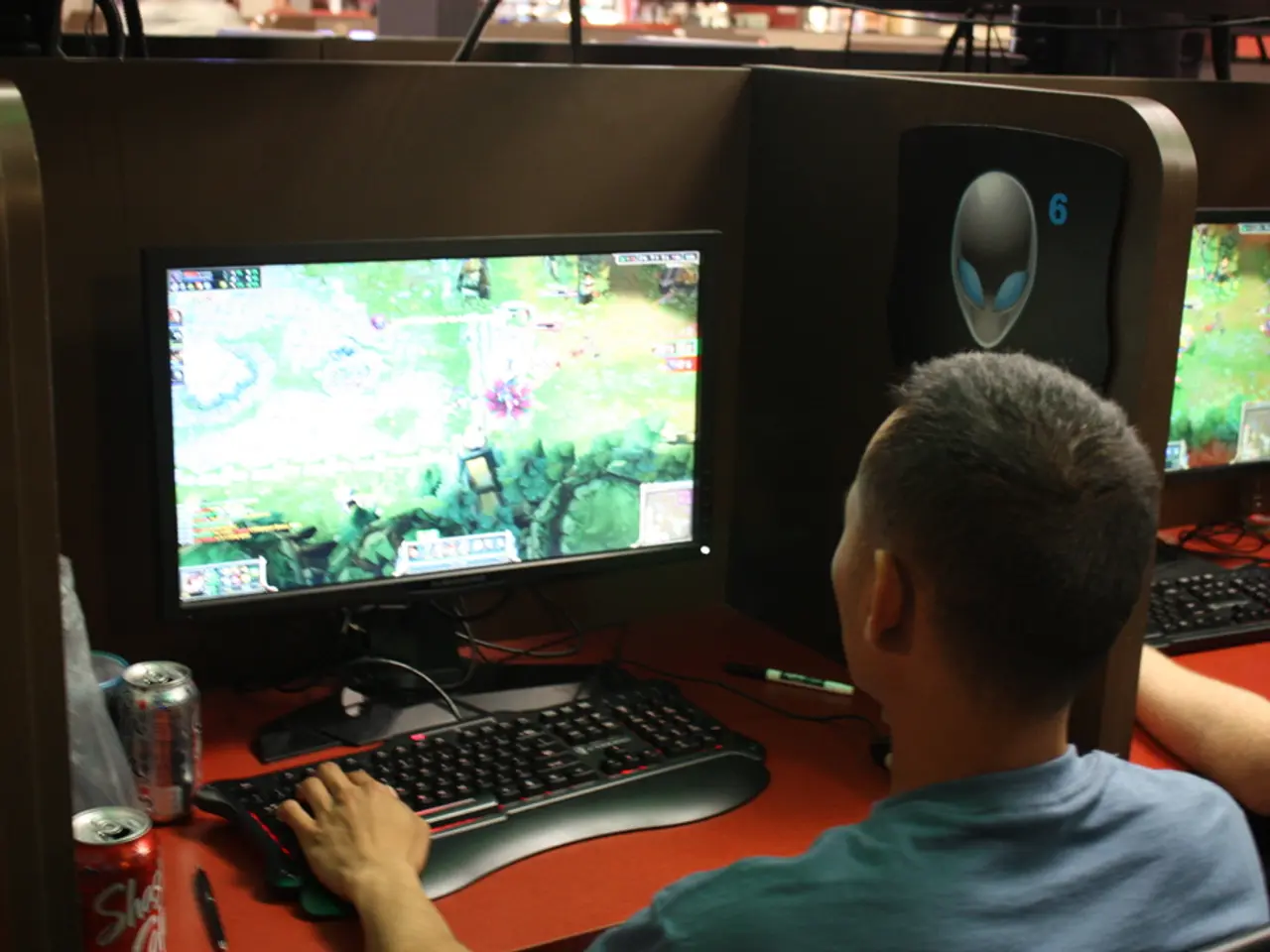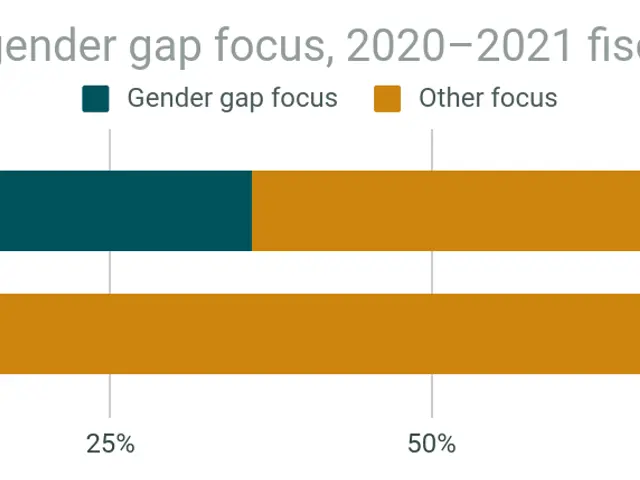Artificial intelligence and machine learning play significant roles in shaping the human experience within online gaming, fostering a more immersive and interactive environment.
In the dynamic world of iGaming, Artificial Intelligence (AI) has become the standard, with machine learning serving as the benchmark for operators and affiliates alike. This shift towards AI is not just about enhancing efficiency, but also about creating more personalized and engaging experiences for players.
Sam Segal, the founder and CEO of MediaTroopers, brings over 20 years of experience in the online gambling industry to the table. His extensive background includes holding C-level roles in product, technical, and performance management in various online gaming technology providers and marketing companies.
The focus in the iGaming industry is no longer solely on data tools, but on the human and social experience. Companies are now building upon the AI baseline, effectively providing 130% of what was possible before AI. This approach is evident in the iGaming industry's recent successes, such as the significant increase in engagement during the March Madness campaign.
AI is used to track human preferences, improving the customer experience by offering tailored content, bonuses, and marketing offers. For instance, an iGaming brand used AI to track user engagement and preferences for soundtracks in game sessions. This personalization adds a human touch to marketing campaigns, making them more engaging and effective.
Daily Fantasy Sports (DFS) operators are also learning to incorporate the human and social experience into their campaigns. Partners are working with these companies to build better social features and user engagement tools for DFS platforms.
The emergence of AI in campaigns has led to a paradox, where more personal campaigns are being created rather than the robotic, data-driven campaigns expected. What makes a campaign stand out now is the work done after AI, focusing on the human touch and personalization.
AI-driven communication automation is another key innovation. AI helps automate personalized communication such as emails, SMS campaigns, and notifications designed to maintain ongoing social contact with players. These communications use player data to time engagement efforts precisely, replicating a sense of attentive human interaction.
The balance between AI autonomy and player control is also crucial. Developers use AI to create experiences where AI enhances the challenge and immersion but still allows players to feel in control of their decisions. This balance is critical to preserve the human element and prevent the game from feeling overly scripted or impersonal.
AI is also playing a role in matchmaking, adaptive difficulty settings, and personalized social features. These elements indirectly support forging social connections by matching players with compatible peers and facilitating positive multiplayer interactions.
However, the integration of AI is not without its challenges. Ethical and privacy awareness are paramount, emphasizing responsible use of AI to enhance genuine player enjoyment and social engagement rather than exploitative monetization.
In conclusion, AI in iGaming is increasingly applied to create personalized, socially rich experiences that combine intelligent, human-like interactions and proactive communication, thereby strengthening the human touch and social connections within digital game environments. This approach not only enhances player engagement and satisfaction but also adds a human element to the digital gaming world.
- Sam Segal's extensive background in the online gambling industry includes roles in various iGaming technology providers and marketing companies.
- The focus in the iGaming industry has shifted from data tools to enhancing the human and social experience, building upon the AI baseline.
- AI is used to track human preferences in iGaming, offering personalized content, bonuses, and marketing offers to improve the customer experience.
- Daily Fantasy Sports (DFS) operators are learning to incorporate the human and social experience into their campaigns, working with partners to build better social features and user engagement tools.
- AI-driven communication automation is key, helping automate personalized communication such as emails, SMS campaigns, and notifications to maintain ongoing social contact with players.
- Developers use AI to create experiences in iGaming where AI enhances the challenge and immersion, but still allows players to feel in control of their decisions.






